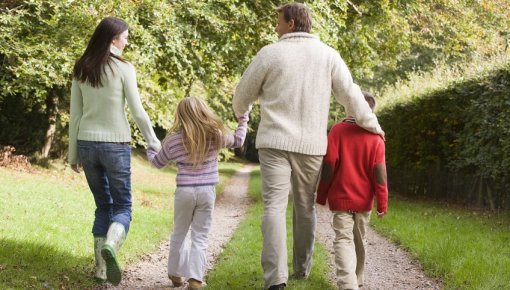I started experiencing more headaches, breast tenderness and mood swings
I often have headaches, and have done for quite a while. For a long time I didn’t see any connection to my period. At some point I realized that I almost always have headaches about two days before I get my period and I sometimes still have a headache on the first day of my period too.
I started getting more symptoms after around the age of 45. About three or four days to one week before the bleeding starts, I’m in a very bad mood. I just used to feel a bit cranky at first, but over the last two years I’ve really started to feel slightly depressed. I am quick to cry and easily break out in tears over the slightest things. I don’t only get into a bad mood, I also feel down and don’t feel like talking to anyone.
Plus, my breasts start feeling extremely tender. But that just started about a year ago. At first I even thought it might be a tumor, because I didn’t know what else it could be.
My symptoms have gotten more difficult to cope with and more extreme over time. They bother me more than they used to.

